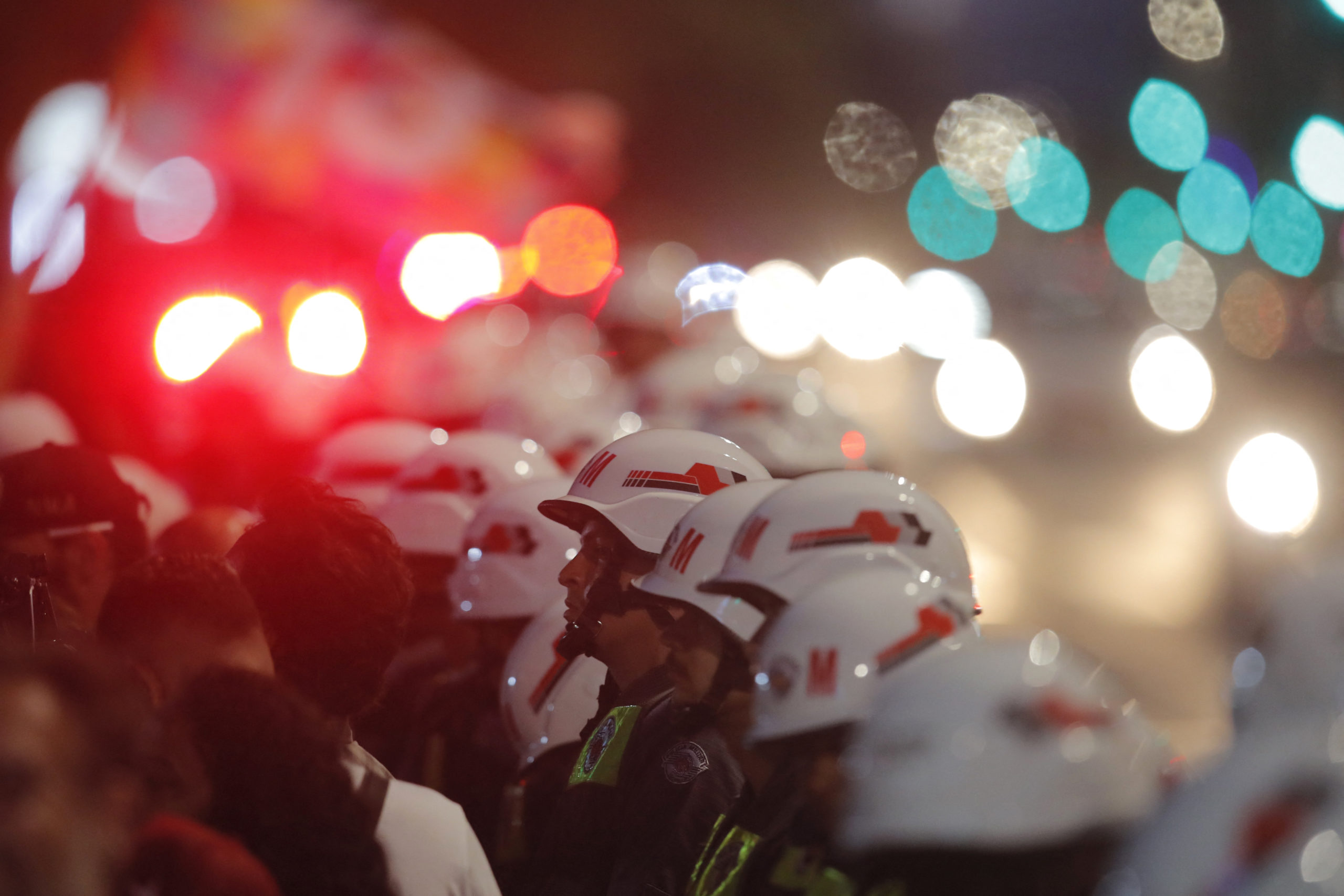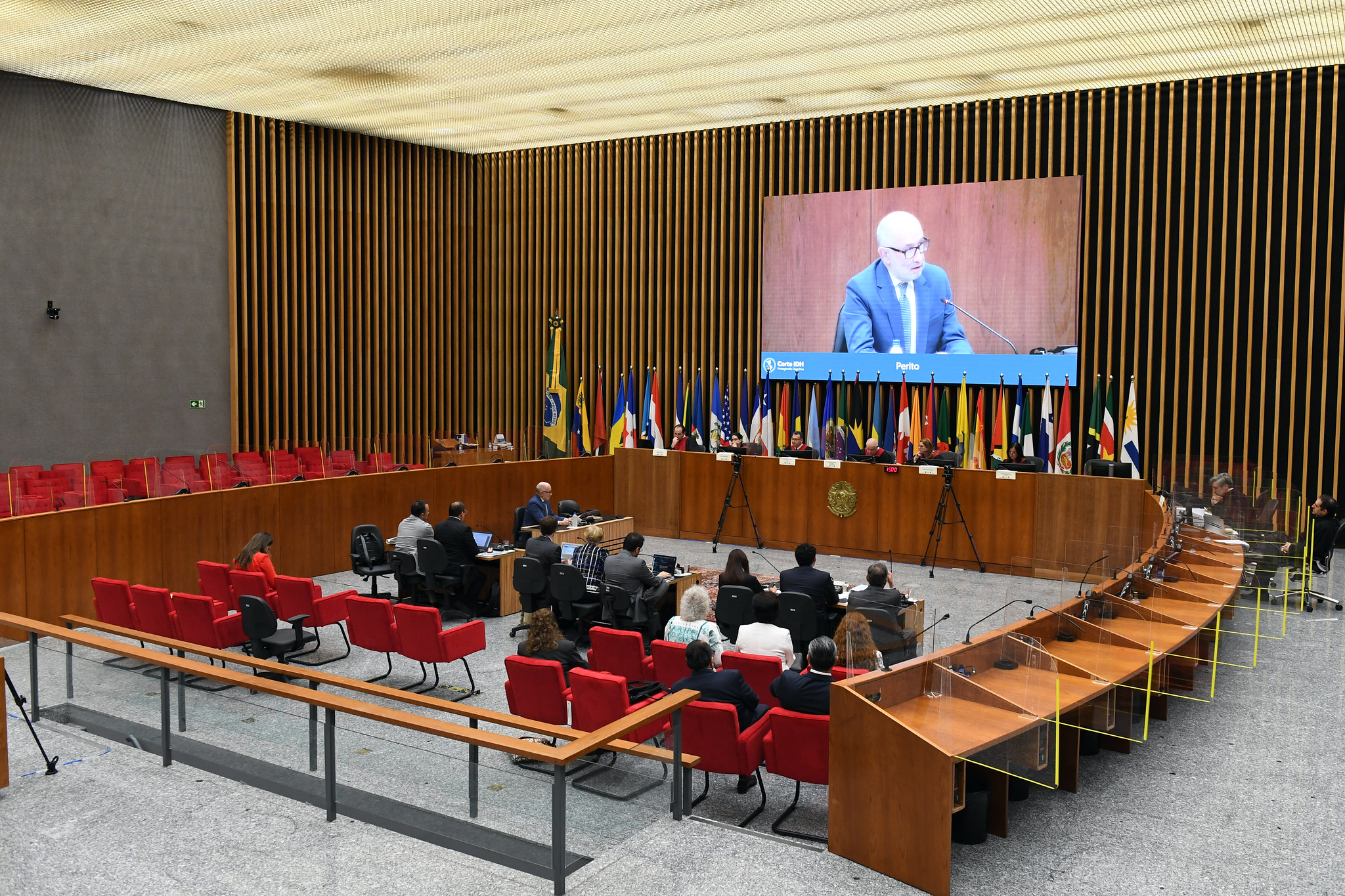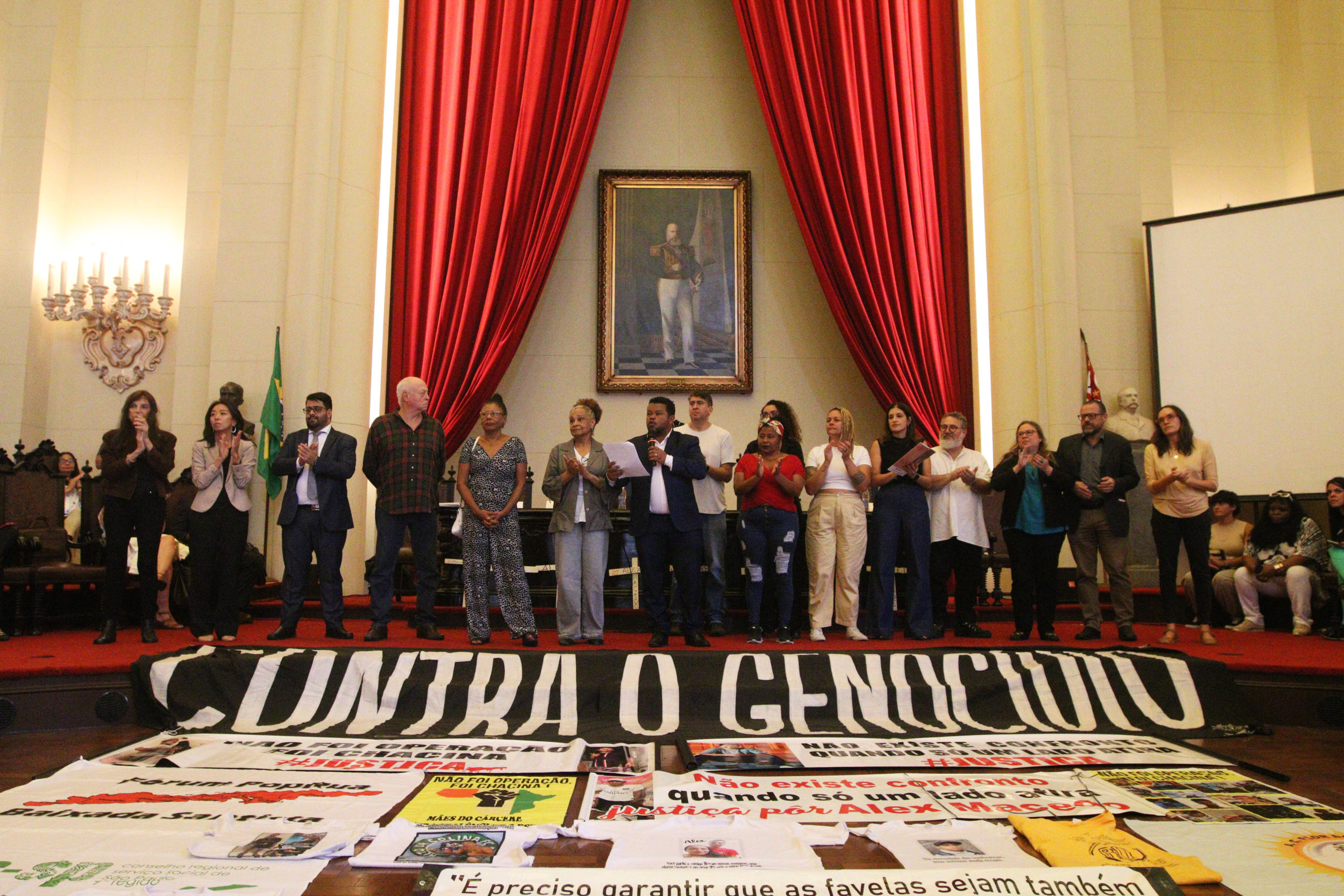The search must continue
Exhibition in solidarity with the families of the 43 missing students from Ayotzinapa opens in Mexico just days after OAS experts challenge the official version of the facts
 Last Saturday, September 12, just two weeks after the date that marked a year since the disappearance of 43 students from the Raúl Isidro Burgos Rural College of Ayotzinapa, the college has opened an exhibition in solidarity with the families of the victims. The international exhibition by the Argentine photographer Marcelo Brodsky, organized by Acción Visual, consists of 52 photographs taken in 16 countries. One of the images was shot in Brazil and shows more than 50 participants of the 14th International Human Rights Colloquium that was held in São Paulo in May this year.
Last Saturday, September 12, just two weeks after the date that marked a year since the disappearance of 43 students from the Raúl Isidro Burgos Rural College of Ayotzinapa, the college has opened an exhibition in solidarity with the families of the victims. The international exhibition by the Argentine photographer Marcelo Brodsky, organized by Acción Visual, consists of 52 photographs taken in 16 countries. One of the images was shot in Brazil and shows more than 50 participants of the 14th International Human Rights Colloquium that was held in São Paulo in May this year.
“I am here to express our solidarity and to convey that the Mexican pain is felt by us in Brazil,” said Jessica Carvalho Morris, executive director of Conectas, at the inauguration of the exhibit. “We demand a response from the Mexican government on the disappearance of the 43 students and the more than 25,000 people who have disappeared over the past nine years,” she added.
See the gallery of photographs contained in the exhibition:
In addition to parents, relatives and friends of the missing students, the event was also attended by Gaston Chillier, executive director of Cels (Center for Legal and Social Studies); Jessica Carvalho Morris, executive director of Conectas; and Abel Barrera Hernández, director of the Tlachinollan Human Rights Center.
Official version called into question
After six months of investigations, a group of independent experts appointed by the Inter-American Commission on Human Rights (IACHR) published a report that calls into question the official version of the Mexican government on the case. The document was released in Mexico City on September 6.
The experts pointed out that the students should not be considered dead, but as missing, and that the search must continue. The report refutes the claim by the Office of the Attorney General that the students had been burned at a landfill in a town nearby Iguala – where they were abducted.
“There is no evidence to support this hypothesis, based on confessions from witnesses, that the 43 bodies were incinerated at the Cocula landfill on September 27, 2014,” reads one of the conclusions of the report. The document also identifies various flaws in the handling of the investigation by the Office of the Attorney General, namely carelessness and the loss of evidence that could serve as proof of the crime, such as cloths and objects belonging to the victims and videos taken by security cameras where the students disappeared.
In the days since its publication, the report has been used by the families of the missing students and organizations to pressure the Mexican government to give further clarifications on the case. On the day of its release, relatives of the victims demanded, in a public statement, a meeting with the Mexican president Enrique Peña Nieto and for the group of independent experts to remain in the country indefinitely.
The same request was endorsed by human rights organizations in an open letter published last Friday, September 11. The organizations stressed the relevance of the information contained in the report of the group of experts and requested that the Mexican government fully comply with its recommendations.
“We consider it essential that the Mexican government also comply with these recommendations as a first step in putting a stop to the spiral of impunity that has plagued Mexican society for decades,” said the organizations.
Recommendations
The report listed a series of specific recommendations on the case of the 43 Ayotzinapa students, from the scope of the investigation and the responsibility of the State for the crimes to the assistance for the families of the victims.
The suggestions include the unification of the findings so there can be a comprehensive overview of what happened, the consideration of other human rights violations identified in the case, such as point-blank shootings, obstruction of justice and abuse of authority, and the investigation of reports of torture.
Click here to read the report by the group of independent experts.
Click here to read the public statement by the families of the victims.
Click here to read the open letter by the human rights organizations.


